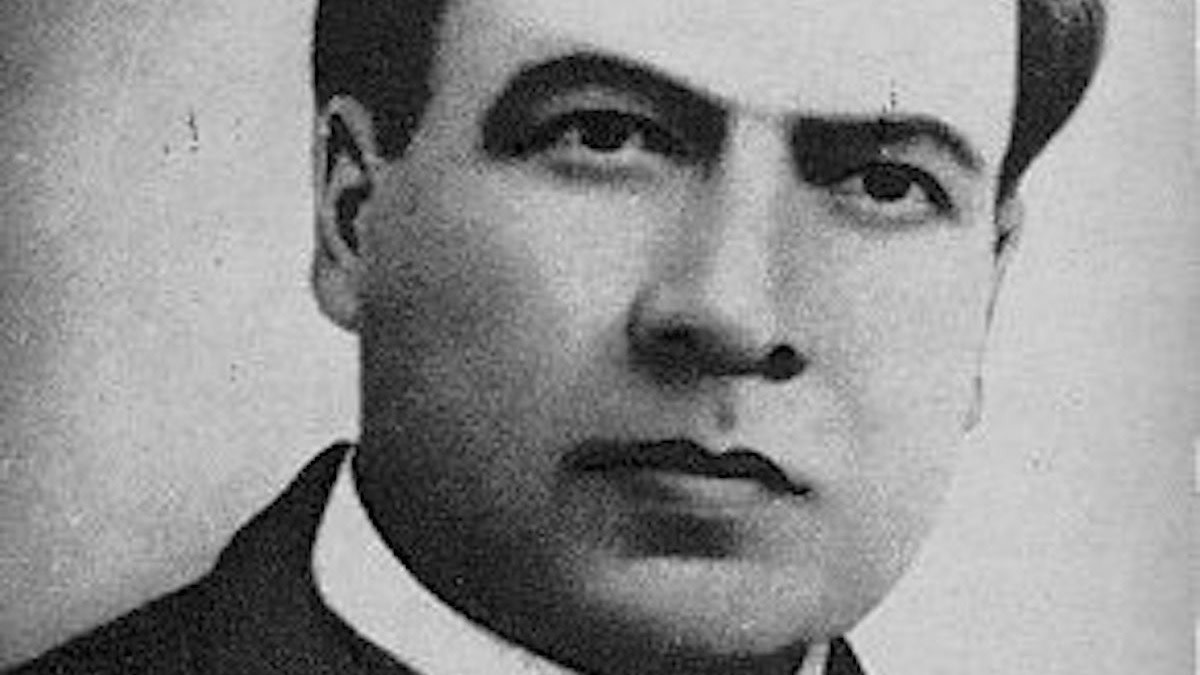Rubén Darío: The Father of the Modernismo Literary Movement
Written by MasterClass
Last updated: Aug 19, 2021 • 2 min read
Rubén Darío was a Nicaraguan poet who inspired modernismo (or modernism), a Spanish language literary movement.
Learn From the Best
A Brief Introduction to Rubén Darío
Rubén Darío was a prolific Nicaraguan poet and journalist of the late nineteenth century and early twentieth century who started the modernist movement in literature known as modernismo. He remains esteemed as a titan of Spanish literature and Latin American culture, leading his home country of Nicaragua to rename its national library after him.
Darío was born Félix Rubén García Sarmiento in Metapa (now known as Ciudad Darío) and spent time in León, Nicaragua, where he grew up around books. Throughout his life, Darío, who earned the title of the “Prince of Castilian Letters,” also spent time in Buenos Aires, Argentina; Barcelona, Spain; and Managua, Nicaragua.
The Early Career of Rubén Darío
After beginning his career as a poet with the publication Abrojos in Chile and releasing a play in El Salvador, Rubén Darío worked as a journalist for La Época in Chile and La Nación in Argentina, where he chronicled the many problems facing Latin America. As a diplomat, he served as a Colombian consul as well as a Nicaraguan envoy to Paris, Madrid, New York, and Mexico City. His journalistic and diplomatic career provided inspiration for his poetry, as he grappled with the rise of the United States’ power as Europe—and Spain, especially—lost its influence in Central America and island territories like Cuba.
Rubén Darío and the Birth of Modernismo
Modernismo is a literary movement initiated by Nicaraguan poet Rubén Darío in the late nineteenth century, famous for its musicality and experimentation. While Darío spearheaded this modernist movement, it swept throughout the rest of the Spanish language literary world.
Rubén Darío’s poetic style of modernismo drew inspiration from French romantic and symbolist poets. Salvadoran poet Francisco Gavidia introduced Darío to their work, and the Nicaraguan poet then developed an affinity for the poetry of Victor Hugo and Paul Verlaine. He also loved North American poets like Edgar Allan Poe and Walt Whitman.
The collective influence of other poets empowered Darío to toss aside strict poetic conventions and experiment with meter, rhyme, and other linchpins of poetic expression.
4 Key Works By Rubén Darío
Rubén Darío was both a prolific poet and journalist. Here are four of his most essential collections:
- 1. Azul (1888): Written while Darío was in Valparaíso, Chile, Azul is a collection of both prose and poetry. It also is widely regarded to be the first work of the modernismo movement.
- 2. Prosas Profanas y Otros Poemas (1896): This collection (Profane Songs and Other Poems) saw Darío exploring the influence of French symbolists like Paul Verlaine and Arthur Rimbaud more deeply.
- 3. Los Raros (1896): While Los Raros is not a collection of poetry, it’s a key source of insight into Darío’s poetic mind. In it, he collates a series of essays charting the influence of various poets who inspired him.
- 4. Cantos de Vida y Esperanza, Los Cisnes y Otros Poemas (1905): Translated to mean Songs of Life and Hope, The Swans, and Other Poems, this collection of poems featured some of Darío’s most political work. In its pages, he criticizes the expansionism of United States President Theodore Roosevelt.
Want to Learn More About Writing?
Become a better writer with the MasterClass Annual Membership. Gain access to exclusive video lessons taught by the world’s best, including Billy Collins, Joy Harjo, Neil Gaiman, Walter Mosley, Margaret Atwood, Joyce Carol Oates, Dan Brown, and more.
